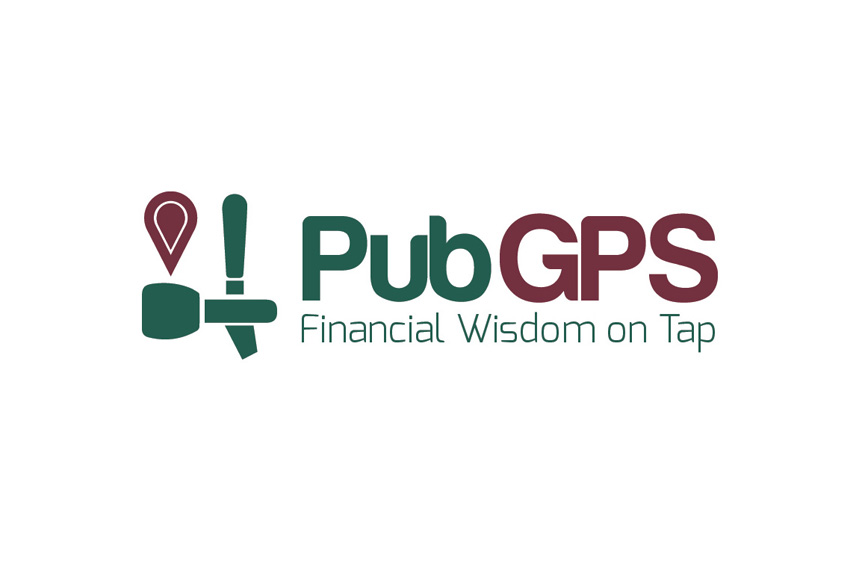So you took a little too much risk and suffered a tremendous loss. Seventy-five percent of your net worth has evaporated, but at least you have your health, right? Not so fast!
According to a recently released study, middle aged participants who suffered a Wealth Shock exhibited a fifty percent greater risk of death. A Wealth Shock is defined as a loss of at least seventy-five percent of a person’s net worth. The details of the study and corresponding editorials are widely available, so we won’t dig too deeply into the health effects of a profound loss of wealth. Suffice it to say, losing that amount of wealth at mid-life poses a threat to mental health, but it also creates logistical problems, particularly in the case of those who can longer afford costly medical procedures and prescriptions.
Today we are interested in preventing a Wealth Shock from occurring in the first place. Many of the measures we take with clients are designed to do just that, from establishing an emergency fund, investing for retirement and other mid-term expenses, and managing debt effectively. Portfolio risk management is of course also at the forefront (and particularly so in the increasingly volatile market we have been presented with so far this year), but it’s likely that the loss of seventy-five percent or more of net worth that some participants experienced was also due to cash flow problems, perhaps due to unemployment or large unexpected expenses that cascaded into home foreclosure, rather than just poor investment results.
Having sufficient emergency savings can help stave off the threat of foreclosure during a stretch of unemployment, which is why this advice forms the foundation of sound financial planning, but others might suffer a tremendous loss of net worth because their wealth was tied up in a business that went bust, or they were personally overleveraged, their investments were under-diversified, they had inadequate or no insurance on a costly asset, or they suffered a medical misfortune. There are any number of ways the participants lost so much wealth, and there will never be a way to protect against all of these scenarios with one-hundred percent certainty. However, that doesn’t mean that you should throw up your hands and say ‘forget it!’
Start with a two-pronged approach: set aside money in emergency fund and make sure you are adequately insured. For most people a minimum of three months of basic expenses is a good starting point and should cover many emergencies that the average household will be faced with. This money should be in an FDIC insured account that you can access quickly if needed, but it’s not money you tap into for anything short of a genuine financial emergency. In terms of insurance, we want to look at life and disability insurance if there are others who depend on your income, but even your home and auto insurance are potentially in need of review. If you find that your coverage is adequate, this can still present a good opportunity to search for a lower rate from a competing provider, so either way it’s worth the time commitment.
If you already have these two areas covered, your next steps will be mandated by your unique financial position and will likely involve a lot more depth than these blanket recommendations, but suitable insurance and a liquid cash available for emergencies are two steps likely to help you avoid an emergency from becoming a full-fledged Wealth Shock. If you don’t do it for your wealth, do it for your health.

